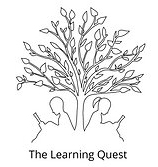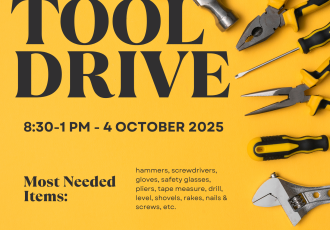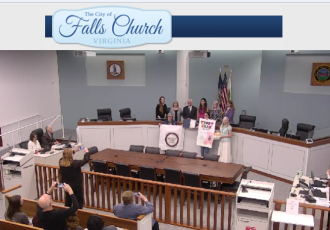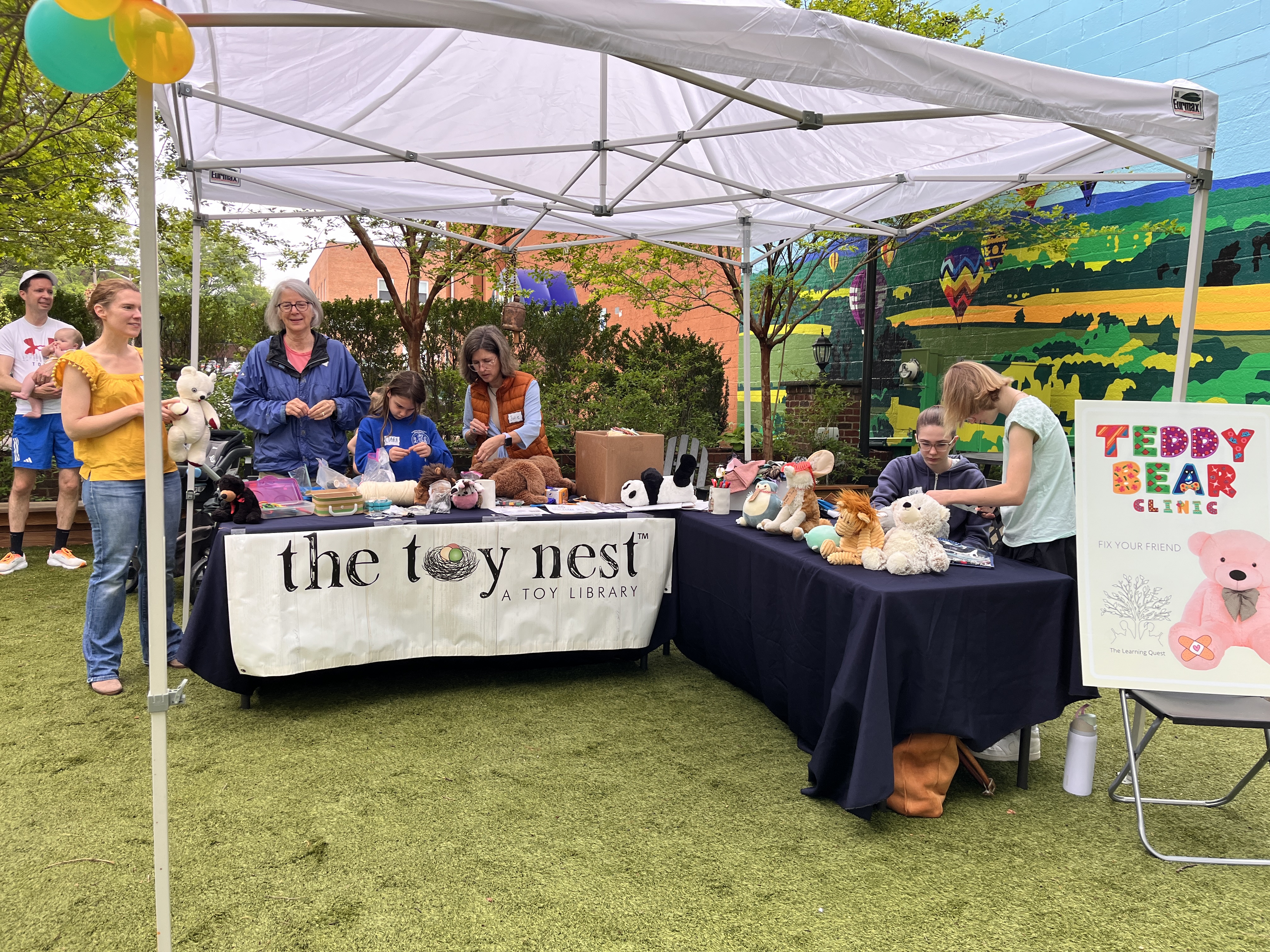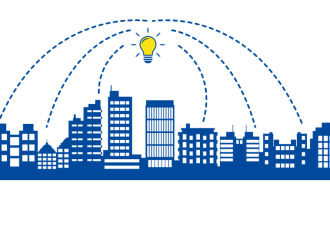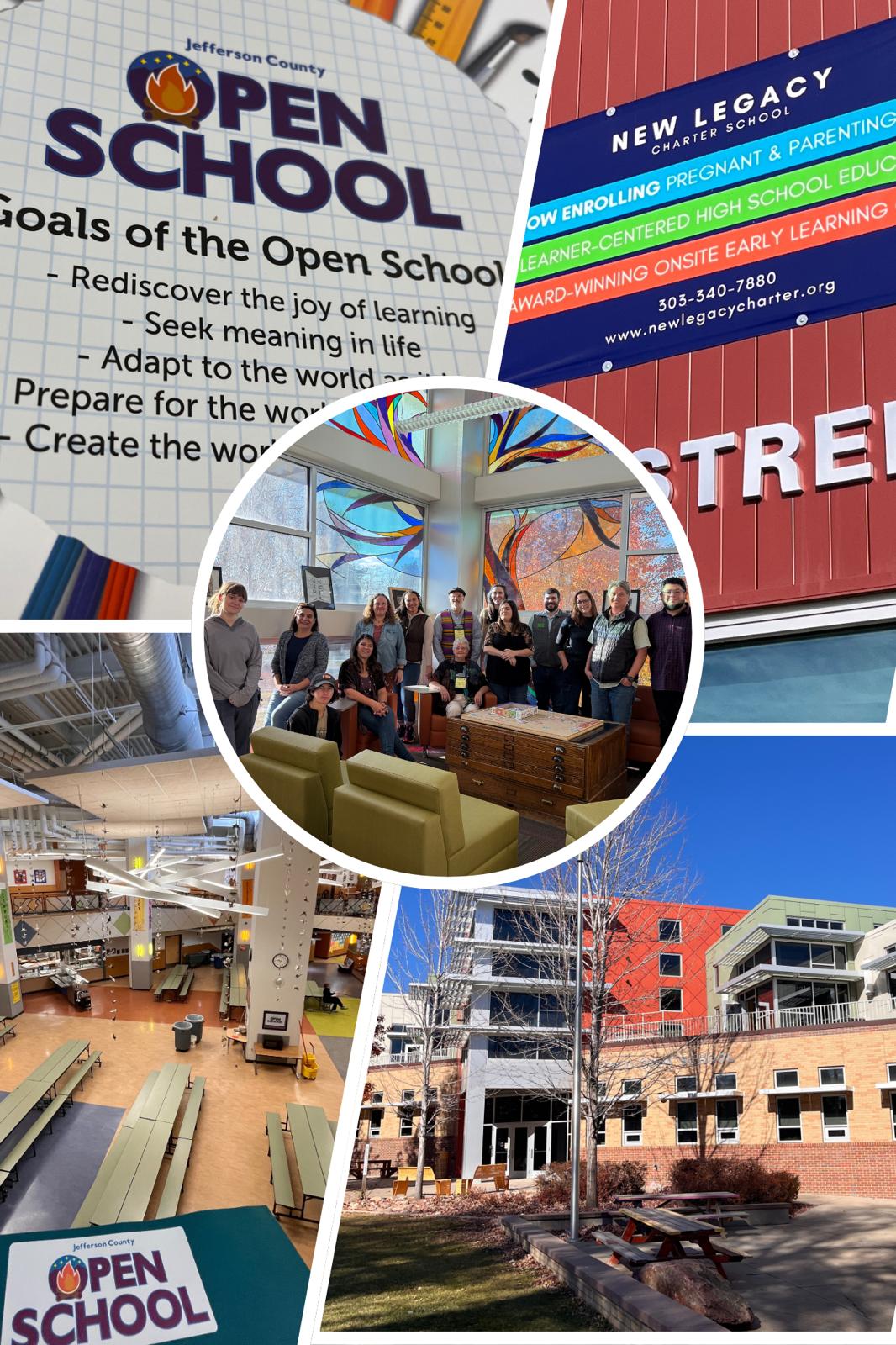
Every time Education Reimagined sends an email letting you know of a Learning Lab site visit, my heart jumps.
I have had the chance to visit with them three very different places, with lots of things to unpack, but as I summarise it every time they ask us, What do you think? I say, A lot! All good.
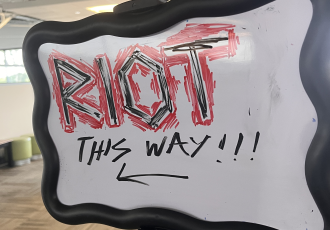
I had the privilege of attending the first meeting of a group convened by a 15-year-old high school sophomore who has never felt at home in school. Her story is powerful. At just six years old, she started her first business selling dog treats, and today she runs her own babysitting enterprise. Yet, despite her drive, creativity, and entrepreneurial spirit, she finds little space for her voice or vision within the traditional classroom.
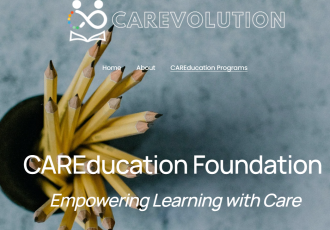
At The Learning Quest, we believe that education should be learner-centered, curiosity-driven, and rooted in community. That’s why our partnership with the CARE Education Foundation just makes sense.
Both of our organisations are working to reimagine education—not as a rigid system, but as a living, breathing ecosystem where every learner has the agency, support, and opportunity to thrive.
Together, we’re starting something powerful.
The first-ever Teddy Bear Fix-It Clinic in the City of Falls Church was held at Mr. Brown’s Park, honoring the legacy of Brown’s Hardware and supporting the city’s Community Vision for 2040. Organized by The Learning Quest and The Toy Nest — the city’s beloved toy library and pre-loved — the event took place as part of Earth Day celebrations.
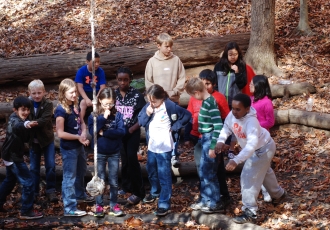
Civic Solutions Contest for Teens
The Institute for Citizens and Scholars is seeking entrants aged 14-24 for their Youth Civic Solutions Competition, to share their ideas for improving civic life, and compete for cash prizes for submitting a short essay or a video about how Gen Z can improve its civic engagement, media literacy, and strengthen trust, which is essential for democracy.
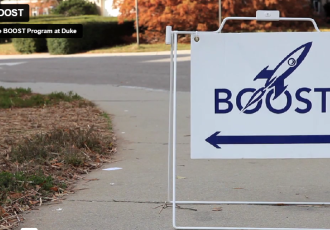
The BOOST 14th Science Symposium, held at the Duke School of Medicine's Great Hall on May 4, brought together 17 squads of middle school scholars who had spent months delving into intriguing questions alongside Duke graduate mentors. From exploring NASA rocket launches to understanding the mechanics of fireworks and the effects of tsunamis on different types of buildings, these scholars were driven by a love for learning and a thirst for knowledge.
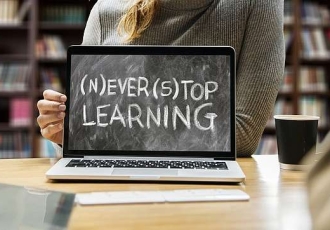
The emphasis on showcasing children's knowledge can indeed be influenced by a desire for parents to demonstrate their child's achievements as a reflection of their own success as parents. Additionally, societal expectations and the traditional assessment of knowledge contribute to this mindset. Here are some points to consider:
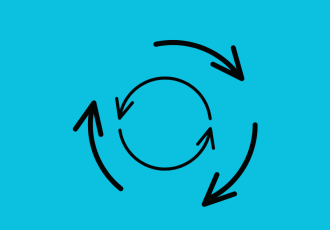
From our earliest days of scribbling our first attempts at spelling to the cutting-edge use of artificial intelligence in newsrooms today, the concept of iterations has been an integral part of our learning journey. Iterations, or the process of refining and repeating, teach us that failure is not a roadblock but a stepping stone to success.
SITEMAP
SUPPORT US
